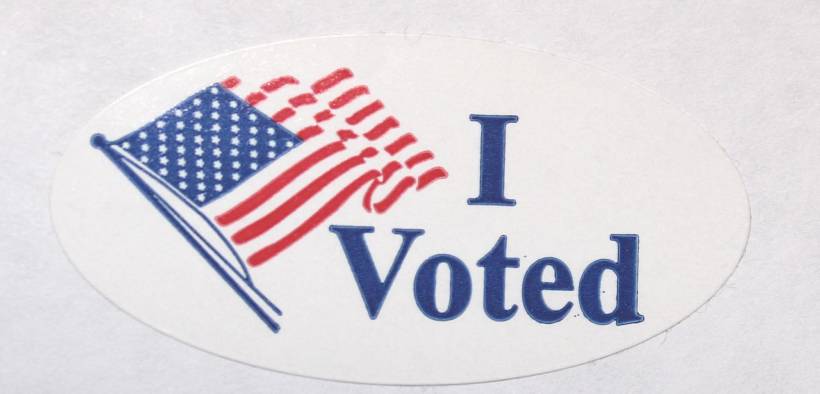Elections Around the World Foreshadow American General Election Woes

By looking at elections around the globe and glimpsing at political maneuvering in the United States, a grim picture of anti-democratic political brinkmanship emerges.
As the United States inches closer to the 2020 presidential election in November, the country becomes increasingly likely to fall into the grip of a partisan battle over election logistics.
So far, we have seen examples both domestically and internationally of what elections will look like in the time of a deadly pandemic. Democratic primaries have been marred by last-minute postponements, court battles, and coronavirus deaths attributed to in-person voting.
Globally, South Korea has had the most successful elections during the pandemic with a record turnout. In stark contrast to the United States, South Korea’s response to the coronavirus has been more comprehensive and the spread of the virus is relatively under control.
The US has the most coronavirus cases and deaths in the world, and as states reopen before the spread is under control FEMA, the CDC, and government modeling have projected the death toll to increase by the end of May. With a vaccine potentially years away, the coronavirus will have an immense impact on democracies across the globe.
By looking at elections around the globe and glimpsing at political maneuvering in the United States, a grim picture of anti-democratic political brinkmanship emerges.
Bolivia and Poland
Unsurprisingly, the opinions of political parties and politicians on holding elections during a public health crisis vary based on polling and power. In the Democratic primaries, frontrunner Joe Biden encouraged voters to head to the polls while distant-second Bernie Sanders took a more cautious approach.
In national elections, Bolivia and Poland have been warning signs that expose democratic shortcomings and politically-motivated decision-making.
Bolivia has been in democratic shambles after a military coup ousted the democratically elected Evo Morales after faulty claims of illegitimate elections. May 3rd elections were postponed indefinitely due to the coronavirus pandemic.
Last week, Bolivia’s parliament passed a law mandating an election within 90 days, a move that angered conservative interim-President Jeanine Áñez. Áñez is yet to be elected, and she was in third place in polling that showed Morales’s MAS party in a comfortable first place.
Despite a parliament controlled by her opposition, Áñez has seized the coronavirus crisis as an opportunity to criminalize spreading ‘misinformation’ much to the dismay of human rights and press freedom advocates.
“The Bolivian government appears to be taking advantage of the pandemic to give itself the power to punish anyone who publishes information the government deems ‘incorrect,’ in violation of free speech protections,” said José Miguel Vivanco, Americas director at Human Rights Watch.
Poland was also set to hold presidential elections on Sunday while the country is under a state of emergency due to coronavirus. But on Thursday, an agreement was reached to postpone the election and do a mail ballot only.
Unlike Bolivia, Poland’s conservative President Andrzej Duda has enjoyed leads in polling and wanted to press ahead with elections despite public health concerns. The timing of the election plunged Poland into a political crisis with a late resolution that caused much confusion amongst the population.
Under President Duda and his PIS party, democratic institutions including the courts have been heavily under attack. In a report, Freedom House wrote, “in Poland, the governing Law and Justice (PiS) party has been waging a war against the judiciary in an attempt to convert it into a pliant political tool.
Back to America
The United States is no stranger to partisan courts and politicians putting party politics over public health.
Wisconsin’s contentious April elections, which included an important state Supreme Court nomination were marred by state and federal Supreme Court partisanship.
And even if President Trump backtracks on his adversarial stance towards mail voting, he has begun putting allies in influential departments for an altered election.
Louis DeJoy, a Trump supporter and important RNC fundraiser, was appointed to be the new Postmaster General. Trump has been in a feud with the Postal Service and has refused to provide financial support to a vehicle seen as foundational for the November general election.
In opposition House Democrats have been invisible, opting not to return to session while the coronavirus outbreak worsens. Thus far, no coronavirus relief package approved by Democrats has any assurances about the November election.
As the Democrats, including presumptive presidential nominee Joe Biden, choose a strategy of radio silence, President Trump and the Republicans are leveraging their power to keep the White House, democracy or not.















